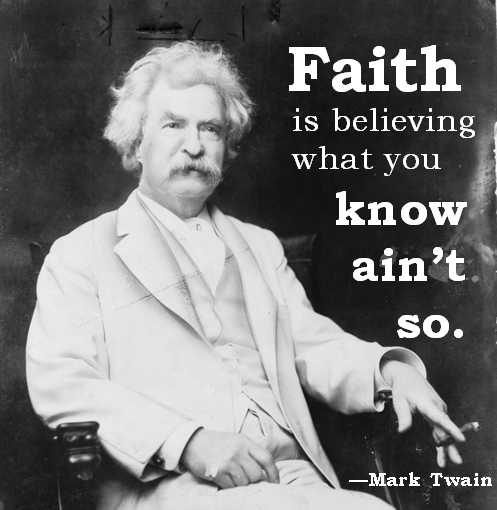I haven’t truly prayed in years, and today even when something bad happens, something that would send the faithful to their knees, it doesn’t occur to me to seek divine guidance or intervention. It isn’t that I don’t worry or don’t seek help and comfort from others, it’s that prayer no longer seems any more helpful than consulting a horoscope, or reading chicken entrails, or offering a burnt sacrifice, or any other ancient mystical means of dealing with life’s uncertainties.
As much as believers talk about prayer as submission to God’s will, prayer—at least prayer of supplication, which I think is the most common kind—is by its very nature an attempt to alter or control the course of events. You’re asking God to do something: cure someone’s illness, get you that job, preserve that marriage, elect that candidate. Even if you end with “but your will be done,” everyone but the strictest Calvinist is praying in the belief that there’s a God who allows himself to be influenced to some degree by human requests. Otherwise what’s the point of asking for anything? Continue reading




